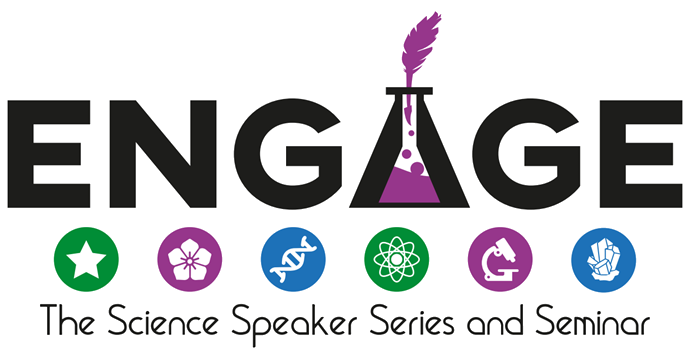Why Do We Die?
What is the evolutionary function of death? Do organisms die for the benefit of their species? Should they?
To answer these questions, we need to consider how important genetic diversity is to the success of a species. Evolution relies upon genetic diversity. Organisms with genes that make them more successful at survival and at reproduction will naturally pass on their favorable genetic traits to future generations – this is evolution! So, for a species to evolve and become more advanced, they must have genetic diversity so that these more advanced traits can be selected for. When a species has a large amount of genetic diversity, it may be able to evolve more quickly than a species that has less genetic diversity.
In fact, scientists now theorize that a species’ lifespan correlates with its “dispersal distance” – the distance an organism can travel from where it is born. The farther that organism can travel, the more distinct populations with unique genetic pools that it can reproduce with, and thereby increase their species’ genetic diversity. This genetic diversity is what extends the lifespan. But when species like the ant can’t achieve genetic diversity by traveling, they achieve genetic diversity through rapid reproduction – queen ants lay 800 eggs per day from different male partners.
From the perspective of the species, one could argue that the most important thing an organism can do is to reproduce. After its reproductive years have ended, many organisms are consuming resources without contributing to the advancement of the species. Perhaps it is because of this reason that organisms have evolved to have capped lifespans.
In fact, death is pre-programmed into our DNA. Each chromosome is bookended by protective caps called telomeres which hold the DNA together, but that slowly degrade as we get older. When the telomeres have frayed completely, the DNA in our cells unspools like loose thread and we die. So, could it be possible that telomeres evolved as a ticking clock to promote the success of species by keeping lifespans short, allowing new generations to take hold? And are these telomeres the cause or the consequence of aging and eventual death?
On the contrary, many scientists and enthusiasts in history viewed telomeres as the enemy of individual immortality, not as a promoter of the success of a species. In attempts to biohack nature, these mortals resolved that lengthening telomeres could achieve eternal life. If only it were so simple. In reality, it has been observed that persons with very long telomeres are more susceptible to many forms of cancer and heart disease. In fact, the shortness of telomeres serves the essential function of preventing cells from reproducing indefinitely – a risk closely intertwined with cancer. As a result, the elongation of telomeres does not promote immortality, but actually removes the body’s emergency brakes for preventing excessive cell reproduction and the associated cancers.
Unlike less developed species, humans have the ability to contribute to the advancement of their species and of their world through many, many ways beyond reproduction. Genetic diversity may give us the key to success in health and wellness, but our personality, generosity, and innovation can be our greatest contributions to humanity – much more so than just reproducing to widen the genetic pool. But even still, there comes a point where our human bodies and minds fizzle out, and we contribute little beyond sustaining the happiness of our loved ones who would despair to see us go. Despite human hubris and our efforts to achieve immortality by biohacking our cells, perhaps telomeres represent a universal truth that no one should live forever, even if we figure out how.
Ethan Mickelson graduated from Indiana University in 2022 with his degree in biochemistry, where he researched viral insulin-like peptides for diabetes treatment. Ethan is currently a 2nd year student in UW’s Bioengineering PhD program. His current research operates at the intersection of polymer chemistry and emergency medicine. Ethan aims to develop new polymer-based therapies for treating trauma victims with severe blood loss and impaired clot formation.


